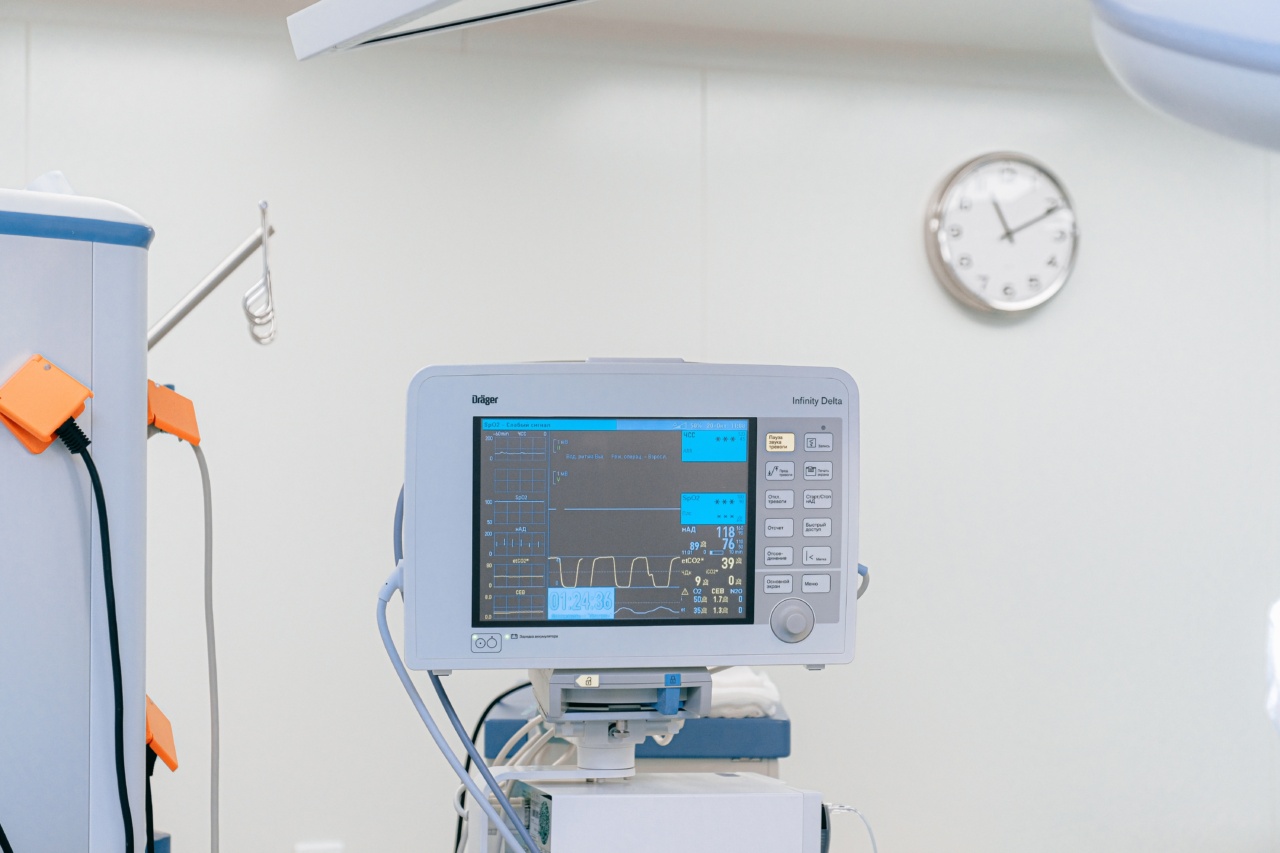It can be a worrying experience to undergo surgery, but recent studies have found that patients who have had surgery may have a 50% higher risk of mortality than those who have not undergone any surgery.
The research shows that surgery can cause long-term health problems that can lead to an increased mortality rate.
The Research Behind the Claim
The study, conducted by The Lancet, investigated the health outcomes of 10 million patients from around the world who had undergone surgery.
The researchers found that the risk of death after surgery was significantly higher than the risk of death for those who’ve never had surgery.
The study also found that surgical patients were more likely to develop long-term health problems, such as heart disease, stroke, and cancer. These conditions can all contribute to premature death.
Why Surgery Increases Mortality Rates
Surgery is a complex procedure that can put a significant amount of strain on the body. Patients undergoing surgery are often placed under general anesthesia, which can impact vital organs such as the heart and lungs.
In addition to the risks associated with anesthesia, surgery can also trigger an inflammatory response in the body, which can cause long-term health problems.
The body’s immune system can become weakened, making it more susceptible to infections and other illness.
Patients undergoing surgery may also face a lengthy recovery period, during which they may be less mobile and more prone to developing health complications. These complications can increase the risk of death for surgical patients.
Who Is Most At Risk?
While all surgical patients are at an increased risk of mortality, some patients may be more vulnerable to the effects of surgery than others.
The elderly, for instance, may have a higher risk of complications as a result of surgery due to age-related health problems.
Patients with underlying health conditions, such as heart disease or diabetes, may also be at an increased risk of complications following surgery.
Smoking, excessive alcohol consumption, and poor nutrition can also increase the risk of post-surgery complications.
Can Mortality Rates Be Reduced?
While it is impossible to completely eliminate the risk of mortality for surgical patients, there are steps that can be taken to reduce the risk of complications during and after surgery.
Prior to surgery, patients should be screened for any underlying health problems that could increase the risk of complications.
Patients who smoke or consume excessive alcohol should be advised to quit prior to surgery, as these habits can increase the risk of post-surgery complications.
During surgery, doctors should take steps to minimize the risk of anesthesia-related complications. These may include using less invasive surgical techniques or using regional anesthesia where possible.
Post-surgery, patients should be closely monitored for any signs of complications. They should also be encouraged to adopt healthy lifestyle habits, such as regular exercise and healthy eating, to minimize the risk of long-term health problems.
The Bottom Line
Surgery is a complex procedure that can put significant strain on the body, leading to increased mortality rates in some patients.
While all surgical patients face some risk of complications, steps can be taken to minimize these risks and ensure a healthy recovery.






























